Kicking them out: Education dept starts crackdown on ‘fake’ teachers
Pechuho has sought credentials of 145,400 schoolteachers from across the province.
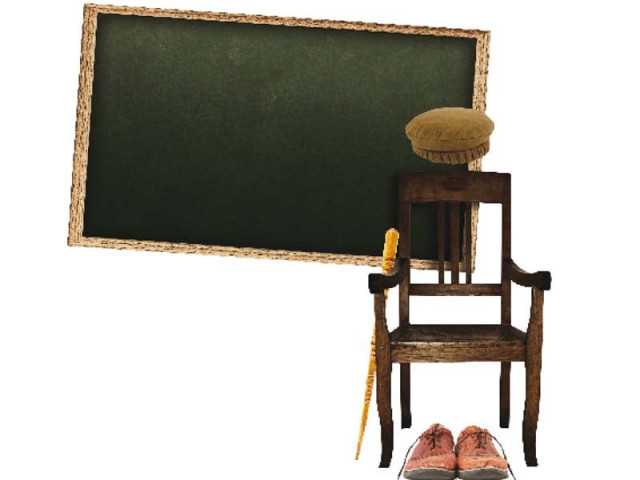
Pechuho has sought credentials
of 145,400 schoolteachers from across the province.
After holding his ground against thousands of illegal appointments of schoolteachers in Karachi, the Sindh education department's additional chief secretary has turned his attention to the rest of the province.
Beginning with Naushero Feroze district, additional chief secretary Dr Fazlullah Pechuho has directed officials to collect the records of service, as well as the academic and professional qualifications of around 145,400 schoolteachers across the province for verification, confirmed his office on Friday.
Dr Pechuho's personal secretary, Abdul Jabbar Bhatti, had already issued a letter to the Naushero Feroze district education officers for primary, secondary and higher secondary education on April 24. “[The] teaching staff of the education and literacy department in Naushero Feroze district has been enjoying [the professional and financial] benefits of fake and fabricated certificates since 1992 without getting recommendations from the competent forum envisaged by the government,” wrote Bhatti.

“In order to ascertain the [facts], you are requested to collect the original service books from the teachers as well as their original academic and professional certificates along with relevant [appointment, promotion and increment] orders,” added the letter, directing the district education officers to submit these documents to Dr Pechuho in person on May 20.
If implemented across the province, this step is likely to make headway in bringing the public education system, which has been regulated by politically-appointed teachers for over two decades, to a level where it can compete with the private sector.
The Sindh education department's special secretary, Syed Zakir Ali Shah, when approached by The Express Tribune, appeared positive about the prospects of this step. “We are committed to throwing out all the fake teachers from the system,” he stated. “The verification of teachers' credentials will give an upper hand to the department because they claim to be victims and approach the courts whenever we decide to take action against them.”
According to the Institute of Social and Policy Sciences' report on public financing of education in the country, Sindh's schoolteachers are entitled to receive a whopping Rs101.4 billion in salaries and allowances — 68 per cent of the total provincial education budget for the current fiscal year.
Several thousand of these teachers, especially in but not limited to the districts of Khairpur, Dadu, Sukkur, Thatta, Naushero Feroze, Jacobabad, Ghotki and Sanghar, have been appointed on political basis during the tenures of successive governments, asserted another senior education department official. “These teachers eat up most of the education budget every year while doing nothing at all,” he added.
Even the Pakistan Peoples Party lawmaker from Sanghar district, Shazia Atta Marri, accepted that the teachers in Sindh were used more for electioneering and political gains instead of teaching. “Phrases such as 'teacher jis ka hoga, vote uss ka hoga' [he who has the teacher on his side has the vote] are the regrettable reality of our political consciousness,” she told The Express Tribune. “Without singling out any specific party, my political fraternity is to be blamed for this tragedy.”
Published in The Express Tribune, May 11th, 2015.

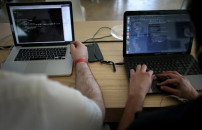
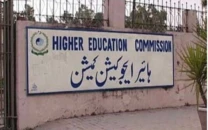
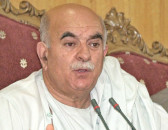
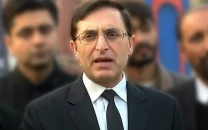
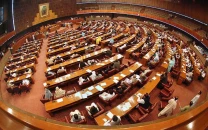













COMMENTS
Comments are moderated and generally will be posted if they are on-topic and not abusive.
For more information, please see our Comments FAQ